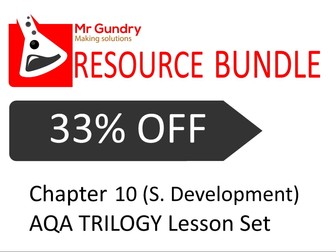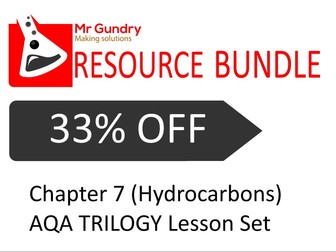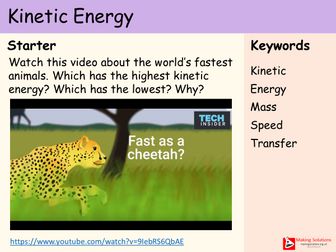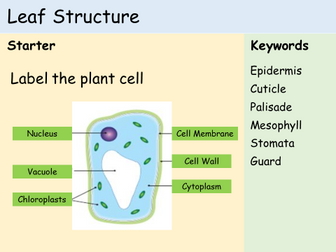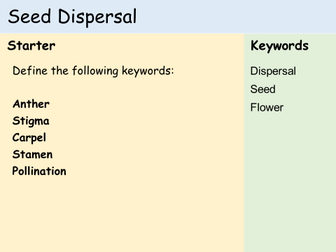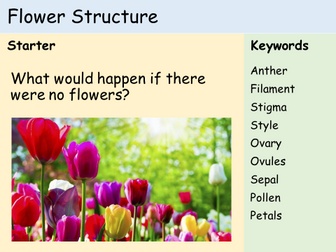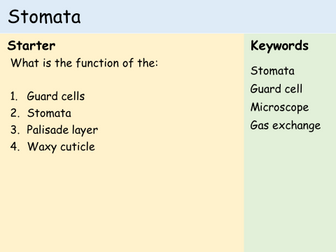
AQA Chapter 1 - Atomic Structure and the Periodic Table Revision Mat
A new revision mat resource for the AQA Trilogy/Triple course. Higher tier content highlighted in light purple, and triple content highlighted in light red.
This revision mat works well with use of our website
This resource is free and comes with a set of questions, and answers!
